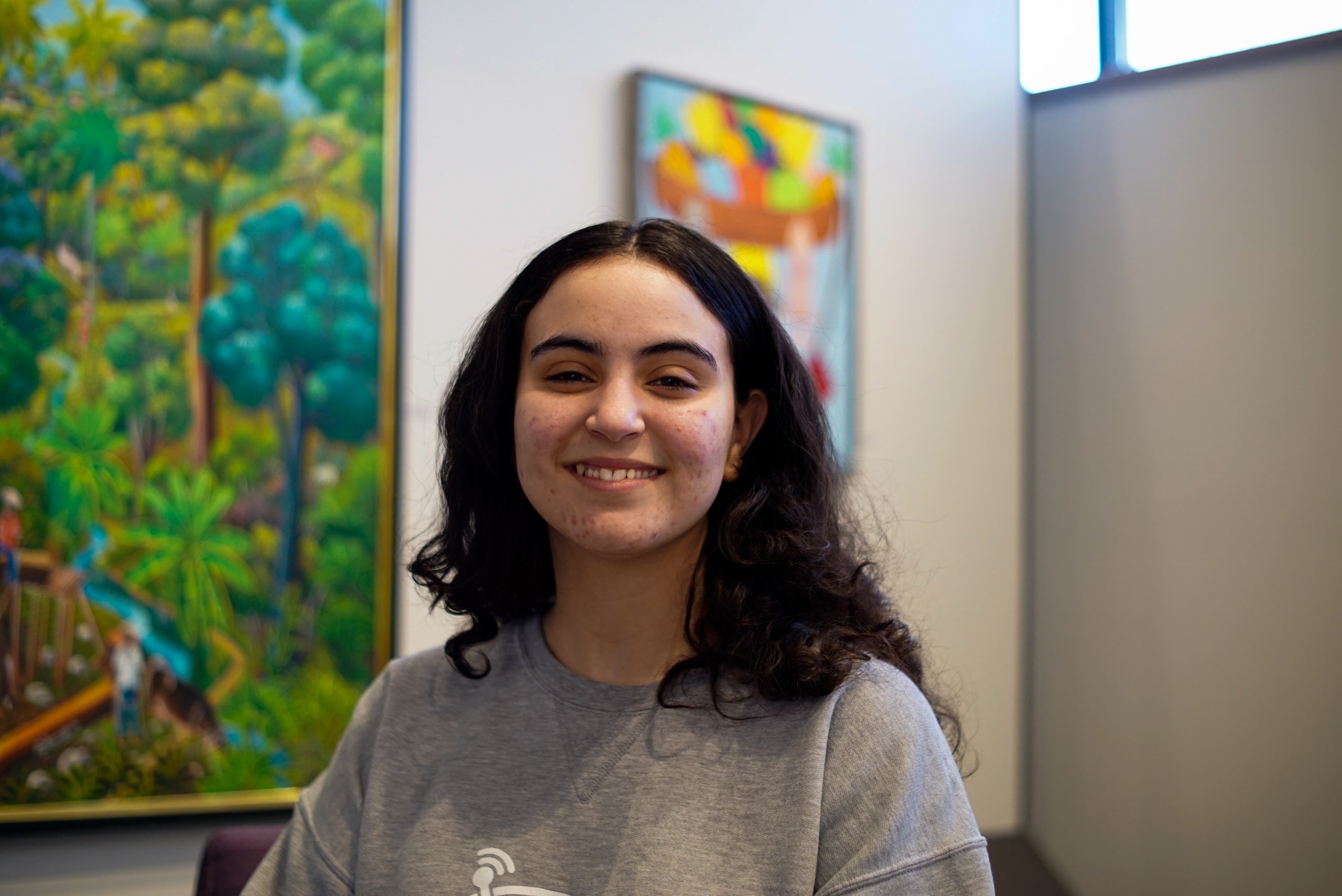TW: Talk of sexual assault, hate crimes based on race, suicide and other potentially triggering topics.
People often claim to have “no filter” or to be “an open book,” as if they could talk about anything at any time. A lot of media pressures us to be open, as if it will free us from the prison of our minds. Social media in particular wants us to share everything with everyone.But we all know that some things are hard to talk about. Some experiences leave us with trauma that seeps into us. Our own mental health is incredibly difficult to articulate and understand. Tragic experiences stick to us like glue, and, whether we like it or not, they are the experiences that shape us and make us who we are.
A couple of weeks ago, I was going about my morning routine and reading the Communicator, like the good little student I am. As I was scrolling through the usual news about missing bikes and internships, I was shocked when I was confronted by the words “sexual assault” staring right back at me while I ate my cereal. It was a resource, of course: the sexual assault reporting form. But all I saw were those two words.
I was conflicted. I knew that this was an important resource for many people on campus. But I couldn’t believe that I had to start my day with that. I thought about the many people I have talked to on campus who deal with the impact of someone’s disgusting actions everyday. Imagine experiencing sexual assault and then having to begin your day reminded of it. Some people don’t want to be reminded of it. Some people want to move on and try not to think about it.
As we try to destigmatize mental health, we have to think about what people’s boundaries are. We have to try to think about what we are saying before we say it. This doesn’t only apply to sexual assault. Racist hate crimes plague this country and many of your friends of color have likely felt the effect of it. Many students consider suicide and struggle to stay alive just one more day.
I absolutely agree that the sexual assault reporting form is an important resource for people to know about. I use this example simply to illustrate how many people on campus deal with problems we as a community cannot even fathom, and the way that two simple words can affect us. People here are dynamic individuals who are growing with their trauma each day. We are learning to become ourselves while dealing with the sad truth of the world.
I believe the solution to this issue is the use of trigger warnings. They may seem tedious but they could save someone’s life. Something you may not think is triggering could be detrimental to someone else. Someone could see the words, “sexual assault” or “racism” and turn to the worst possible option.
We share a community and we must respect one another’s boundaries. We have to put forth our best effort to begin to understand each other. We owe it to one another and to the people we will become.




